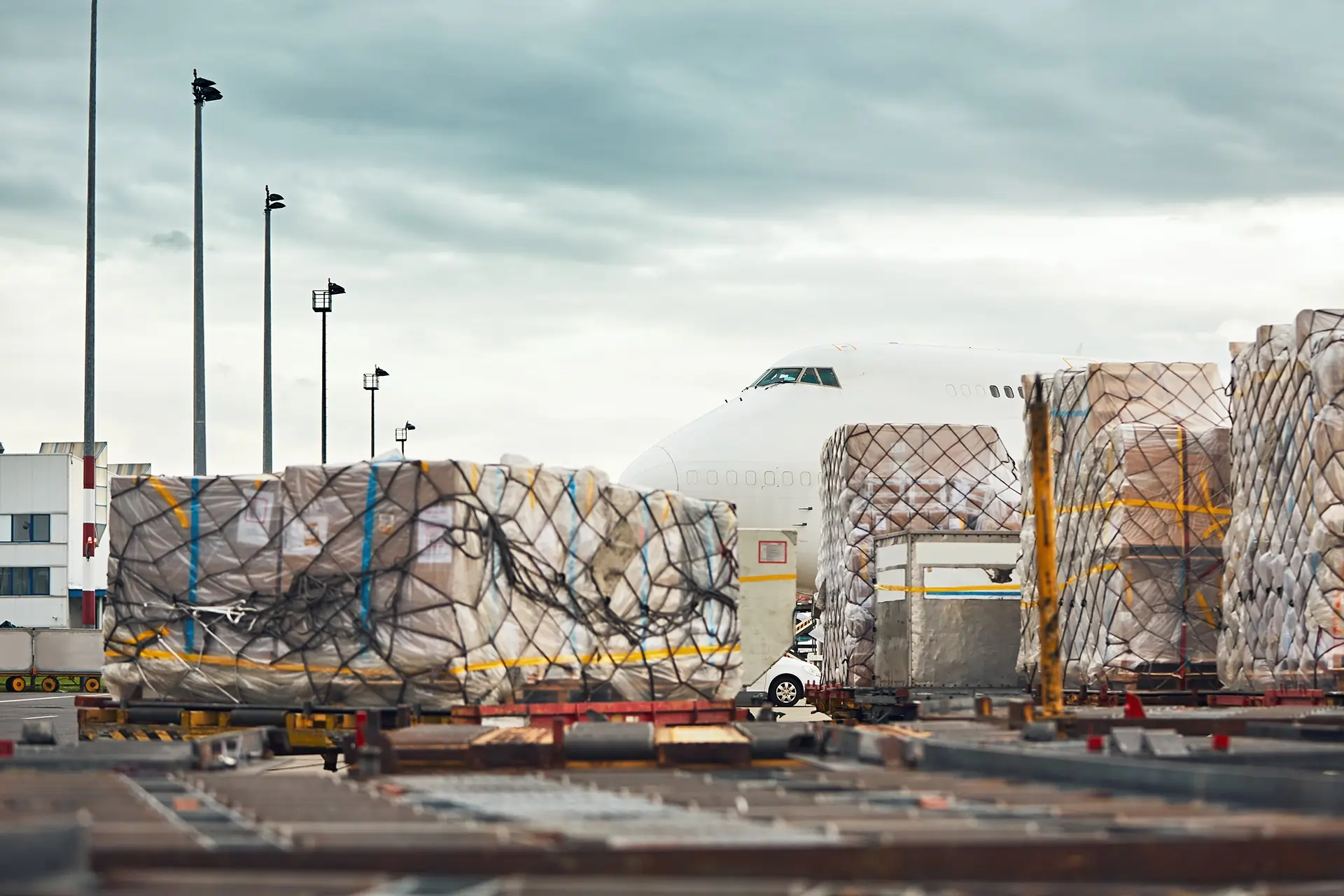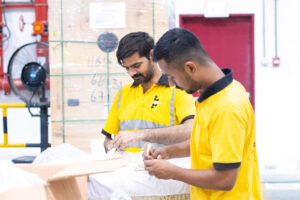
Selecting the right logistics company in the UAE is essential for any business. This becomes even more critical when managing goods that require stringent safety and regulatory adherence. Whether transporting dangerous goods, perishable items, or high-value shipments, evaluating a logistics partner’s safety and compliance record can help safeguard your assets, streamline operations, and protect your brand’s reputation.
We have rounded up below some key factors you must consider when assessing a logistics provider’s safety and compliance standards.
#1 Research Certifications and Compliance History
The first step in evaluating a logistics partner’s safety and compliance record is verifying their certifications and reviewing their history of regulatory compliance. Certifications and credentials provide a baseline measure of their expertise and adherence to industry standards.
- Key Certifications – Look for certifications such as ISO 9001 for quality management and ISO 45001 for occupational health and safety. For dangerous goods transport, the company you intend to partner with should comply with IATA’s Dangerous Goods Regulations (DGR).
- Compliance Record – Research any past violations, fines, or sanctions. A logistics company in the UAE should be transparent about its compliance history and willing to provide references from regulatory agencies or third-party audits.
- Industry Standards – A logistics partner that adheres to widely recognized standards set by bodies like the International Air Transport Association (IATA) demonstrates a commitment to safety.
Examining a logistics company’s certifications and past compliance history will give you confidence that they operate according to both local and international regulations, helping to prevent issues down the line.
#2 Review Their Safety Policies and Training Programs
A robust safety policy and employee training program indicate that a logistics partner prioritizes risk management and understands the importance of safety for every shipment. Reviewing these programs will give you insight into their internal standards and their team’s preparedness.
- Safety Policy Documentation – You know you’re working with the right logistics partner in Dubai if they have detailed safety policy documents outlining protocols for handling goods, incident response, risk assessment, and preventative measures. These policies should be updated regularly to reflect changes in regulations and best practices.
- Employee Training Programs – Ongoing safety training is essential, especially in high-stakes logistics fields like hazardous materials, refrigerated goods, or high-value shipments. Ask about the frequency and content of their training sessions, including certifications for specialized handling such as IATA DGR training for air cargo.
- Employee Safety Certifications – Check if the company’s employees hold individual certifications in areas such as forklift operation, hazardous materials handling, or cargo security. This indicates that the company prioritizes hands-on, practical training to prevent accidents.
An established safety policy combined with a well-structured employee training program reduces the risk of accidents and demonstrates the company’s commitment to upholding safety standards.
#3 Assess Risk Management and Incident Response Capabilities
Risk management is a crucial part of logistics, especially for transporting valuable or hazardous goods. A logistics partner with comprehensive risk assessment protocols and a proactive incident response plan can significantly reduce the impact of unexpected events.
- Risk Assessment Procedures – A proactive logistics provider should conduct risk assessments before each shipment, evaluating factors like route, type of cargo, and regulatory requirements. Ask how they manage high-risk scenarios and whether they employ technology to support real-time risk monitoring.
- Incident Response Plan – Accidents and unexpected incidents can happen despite best efforts. Inquire about the logistics provider’s incident response strategy, including who is responsible, what immediate actions are taken, and how communication is handled. Ideally, they should have a dedicated emergency response team and a defined escalation procedure.
- Insurance and Liability Coverage – Risk management includes adequate insurance to cover potential damages. Review the company’s insurance policies and liability coverage to ensure that, in the event of an incident, both parties are financially protected.
A logistics provider with a strong risk management and incident response plan can act quickly to address issues, minimizing delays, protecting cargo, and keeping you informed every step of the way.
#4 Look for Transparency in Data and Reporting Practices
A reliable logistics provider will provide transparent, data-driven insights into their safety and compliance performance. Access to regular reports allows you to assess their performance and build trust in their processes.
- Safety Performance Metrics – Ask for data on safety metrics such as incident rates, accident history, and compliance scores. Regular tracking and transparency in reporting indicate that a logistics provider is committed to continual improvement.
- Audit and Compliance Reports – Reliable partners will also share reports from internal or third-party audits, which reveal any gaps or risks in their processes. Regular audits demonstrate a commitment to identifying and addressing safety and compliance issues proactively.
- Tracking and Visibility Technology – Transparency is further supported by technology like real-time tracking, which allows clients to monitor shipments and gives an added layer of assurance. Tech-driven logistics companies in the UAE may also offer data analytics, giving clients insights into operational efficiency and compliance levels.
Transparency in reporting and data-sharing practices shows that your logistics partner is willing to be accountable, build trust, and ensure you can stay informed on the safety and compliance status of your shipments.
In a Nutshell
Choosing a logistics company in the UAE with a strong safety and compliance record is a strategic investment in the longevity and reputation of your business. By thoroughly evaluating certifications, training programs, risk management procedures, environmental practices, and transparency, you can select a partner who prioritizes safety, compliance, and responsible operations.
A logistics provider who meets these criteria not only protects your assets but also strengthens your supply chain, ensuring that your shipments arrive safely, securely, and in alignment with industry standards. In an industry where reliability and compliance are paramount, partnering with a reputable logistics provider like Total Freight International (TFI) is key to a smooth and secure logistics operation.
Do you need logistics solutions specifically tailored to your business’s needs? Do you want to learn more about our safety and compliance record? Speak to our experts today!


